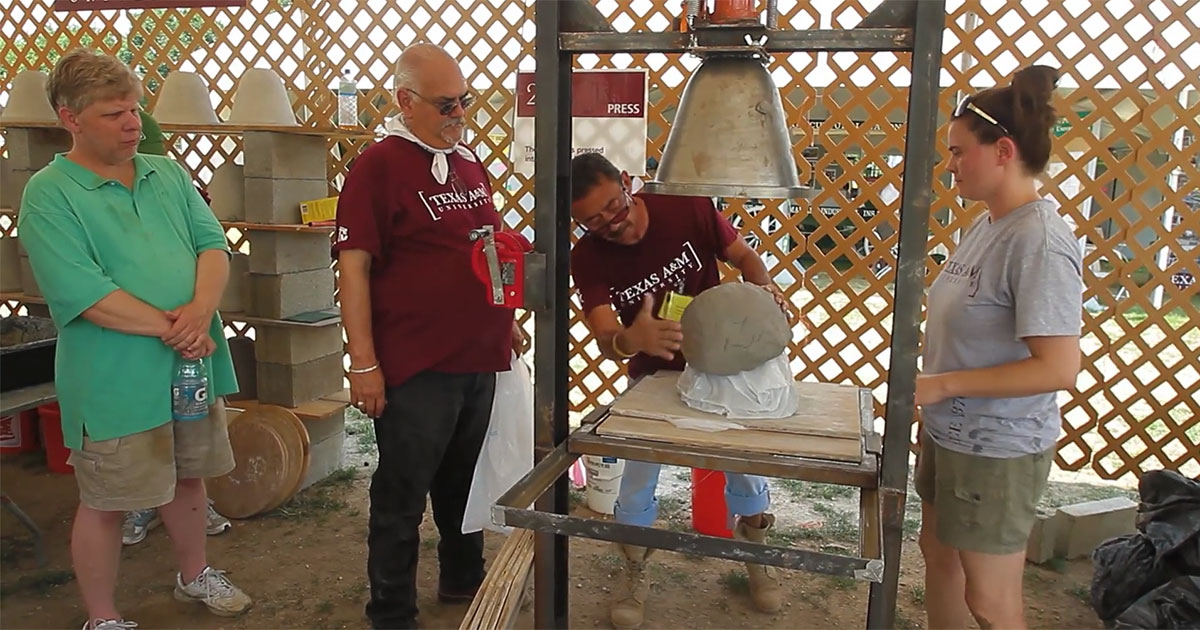


Most people take safe, clean, and pure drinking water for granted. But the reality is far more sobering. Approximately 1.2 billion people around the globe lack access to clean water. And sadly, one million children will die each year from drinking unsafe, contaminated water.
Because the global water crisis knows no boundaries, communities large and small are seeking solutions. In Texas alone, more than 400,000 residents living in mostly impoverished communities along the Texas-Mexico border lack access to running water and sanitation services.
The Texas A&M University Water Project is helping to address this ongoing crisis by working within communities in Texas, the Caribbean, and South America to make ceramic point-of-use water filters. Created from clay, sawdust, and water, the filters are first molded to resemble flower pots and then air dried and kiln fired. Simply running unsafe water through the filters removes the vast majority of contaminants that can cause illness or even death.
The Texas A&M Water Project team works closely with ceramic filter-producing organizations, and provides training on how to make and effectively use the filters. Texas A&M researchers are also diligently exploring ways to enhance the design and longevity of the filters, as well as to raise awareness of the local, domestic, and international need for safe water. Visitors to the Texas A&M tent tried their hand at creating a water filter while learning more about this important work.

Texas A&M Water Filter Project
Many rural communities in Texas, the Caribbean, and South America lack access to safe drinking water. The Texas A&M University Water Project addresses this problem by bringing students into the field to teach communities how to make ceramic point-of-use water filters.
Videography by Marinna Guzy and Kelsey Michael. Editing by Kelsey Michael.

